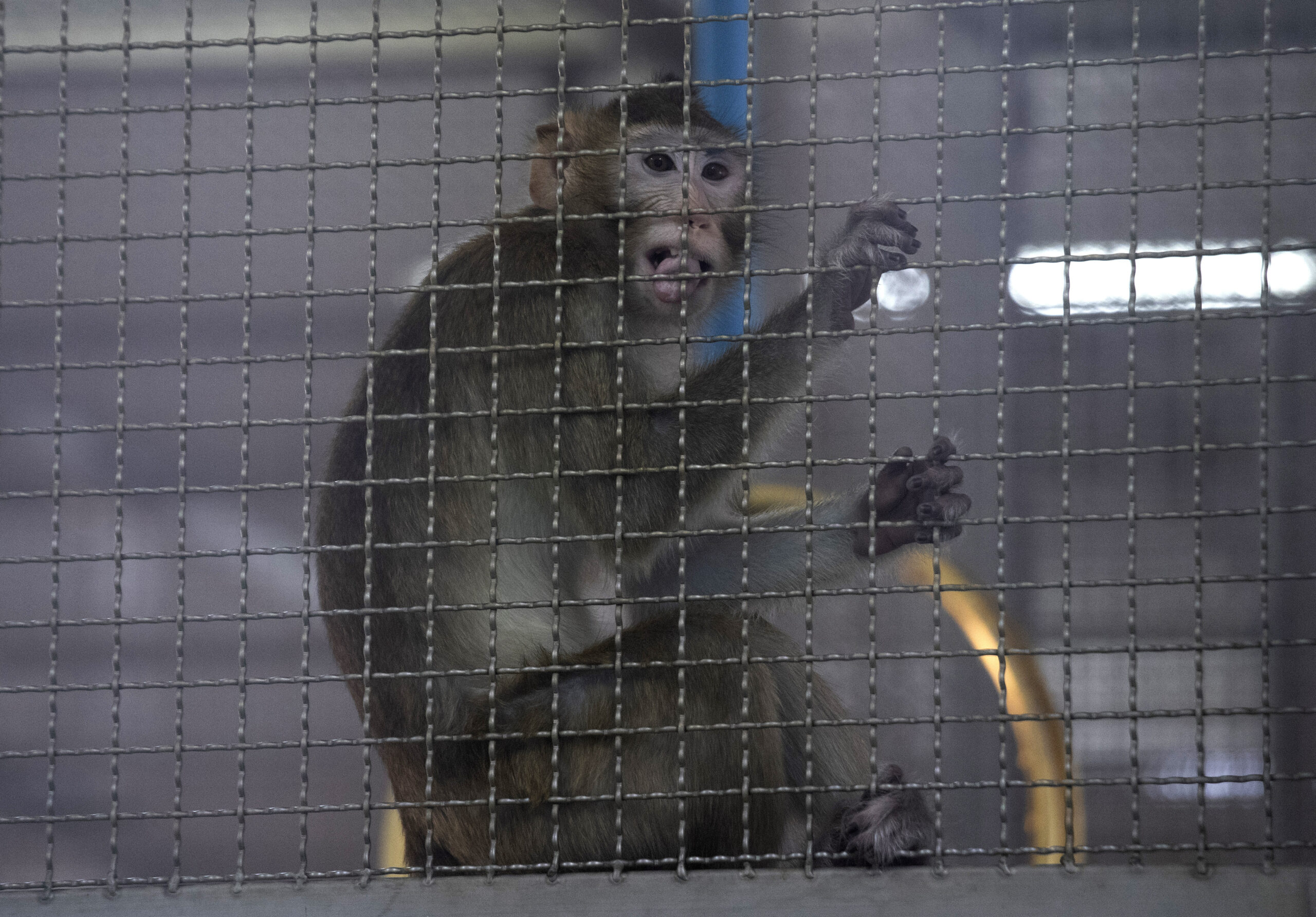
A long-tailed macaque kept for use in clinical research (Sakchai Lalit/AP Images)
Pharma industry lobbies Congress for solution to primate shortage after indictments for alleged smuggling
The US Fish and Wildlife Service has been denying applications to import non-human primates for the past few weeks, and it’s creating a “crisis,” the …
Sign up to read this article for free.
Get free access to a limited number of articles, plus choose newsletters to get straight to your inbox.